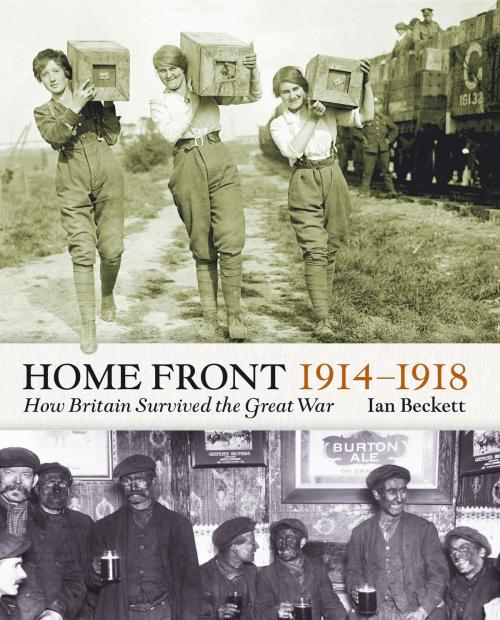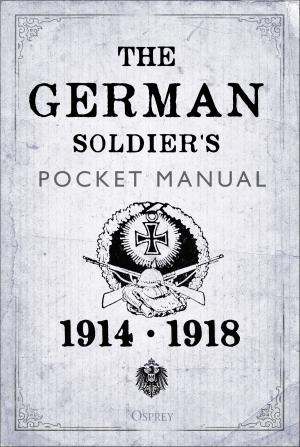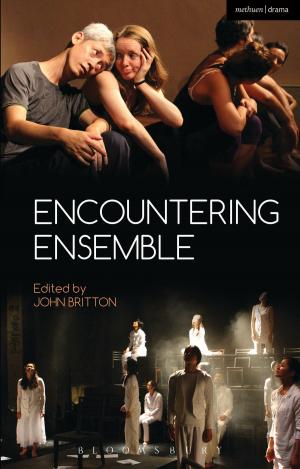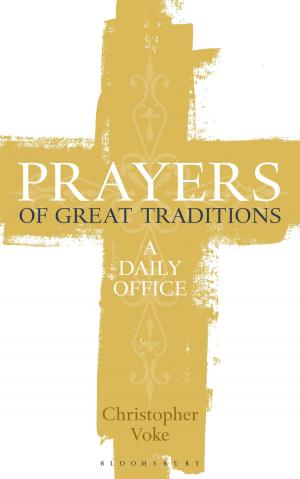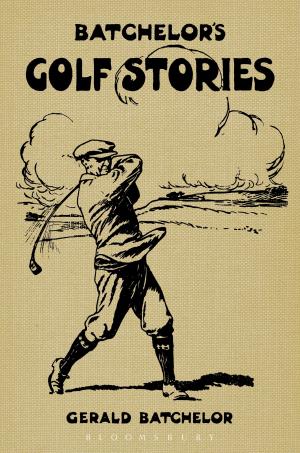The Home Front 1914-1918
How Britain Survived the Great War
Nonfiction, History, Military, World War I, British| Author: | Ian F.W. Beckett | ISBN: | 9781472908896 |
| Publisher: | Bloomsbury Publishing | Publication: | December 31, 2013 |
| Imprint: | Bloomsbury Information | Language: | English |
| Author: | Ian F.W. Beckett |
| ISBN: | 9781472908896 |
| Publisher: | Bloomsbury Publishing |
| Publication: | December 31, 2013 |
| Imprint: | Bloomsbury Information |
| Language: | English |
The Great War had a profound impact on Britain. Not only did families risk their sons in active combat; every member of society was required to make a contribution to the war effort. National initiatives like rationing affected all, and civilians were now regarded as a legitimate military target. Reminders of this turbulent time survive today, in rituals such as Summer Time and Remembrance, nationwide war memorials, and the powerful myth of a lost generation slaughtered in a futile war. Here Ian Beckett examines the mobilization of the British people for the war effort and reassesses its impact on state and society. As evidence, he presents 40 key documents, including the King's rallying cry to the nation to 'eat less wheat', reports on social phenomena from anti-German riots to the drinking habits of women and juveniles, and Kitchener's initiatives to raise his New Armies.
The Great War had a profound impact on Britain. Not only did families risk their sons in active combat; every member of society was required to make a contribution to the war effort. National initiatives like rationing affected all, and civilians were now regarded as a legitimate military target. Reminders of this turbulent time survive today, in rituals such as Summer Time and Remembrance, nationwide war memorials, and the powerful myth of a lost generation slaughtered in a futile war. Here Ian Beckett examines the mobilization of the British people for the war effort and reassesses its impact on state and society. As evidence, he presents 40 key documents, including the King's rallying cry to the nation to 'eat less wheat', reports on social phenomena from anti-German riots to the drinking habits of women and juveniles, and Kitchener's initiatives to raise his New Armies.
